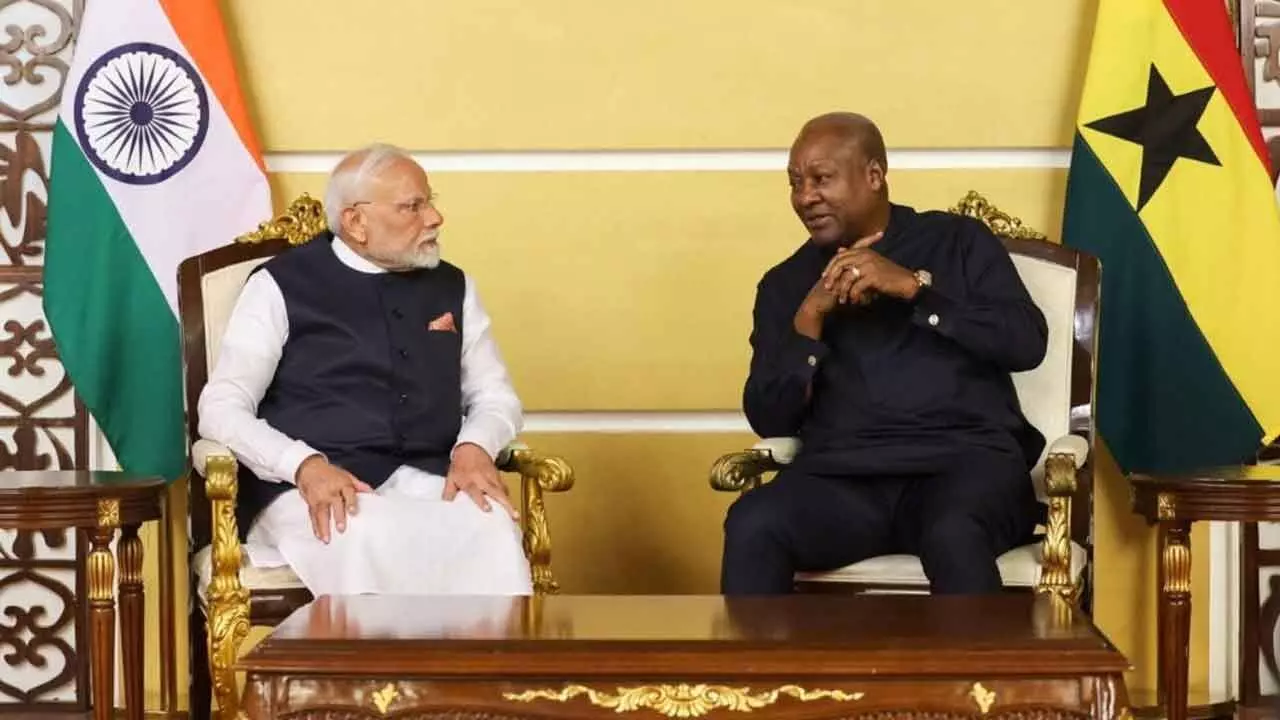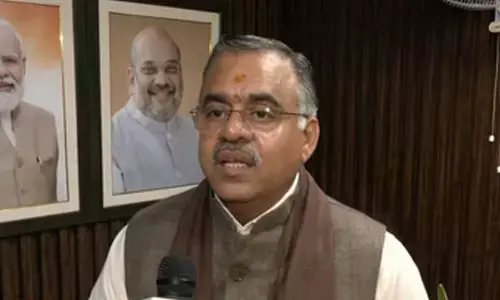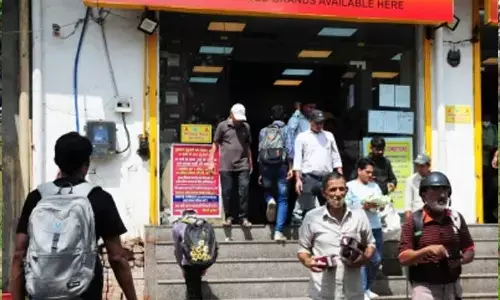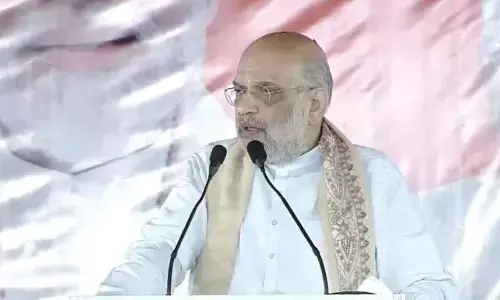PM’s Ghana visit a boost to Global South outreach initiative

The salience of Prime Minister Narendra Modi’s visit to Ghana has unfolded along expected lines, marking another step in India’s sustained outreach to the Global South. In an era where India is actively recalibrating its foreign policy, Modi’s visit reaffirms New Delhi’s commitment to the principle of strategic autonomy while strengthening ties with Africa, a continent increasingly pivotal to the evolving global order. This is Modi’s first bilateral visit to Ghana and, notably, the first visit by an Indian Prime Minister to the west African nation in over three decades.
The significance of this trip transcends ceremonial optics; it signals India’s intent to forge deeper partnerships beyond traditional allies, as the country positions itself as a credible and independent player in a multipolar world. Addressing Ghana’s Parliament, Modi underscored the rapid changes sweeping the global landscape. He argued that the post-World War II global order is becoming obsolete, unable to sufficiently address the emerging realities shaped by technology, the growing influence of the Global South, and shifting demographic patterns. In this context, he emphasised the urgent need for “credible and effective reforms in global governance” to ensure that the institutions guiding international relations are more inclusive and reflective of contemporary power structures.
Modi announced that India has decided to elevate its relationship with Ghana to a “comprehensive partnership,” signaling an expansion of cooperation beyond trade and investment into areas such as technology, education, defence, and sustainable development. He affirmed India’s support for Africa’s indigenous development frameworks, asserting that India would work alongside
African nations to craft a future anchored in mutual growth and shared prosperity. Earlier in the day, Modi paid homage at the Kwame Nkrumah Memorial Park, which commemorates Ghana’s founding president and a towering figure in Africa’s struggle for independence. Nkrumah was also a prominent advocate of Non-Aligned Movement (NAM), a platform that India historically championed during the Cold War to maintain strategic distance from both the US and Soviet power blocs. The reference to Nkrumah and the NAM legacy is telling. India’s modern foreign policy discourse, particularly under Modi, has sought to move beyond the passive equidistance of the original NAM. Instead, New Delhi has articulated a vision of strategic autonomy—the freedom to pursue national interests without being subsumed into rigid alliance structures.
However, as India’s diplomatic engagements with the Global South deepen, a cautionary note is warranted. While outreach to the Global South is both necessary and commendable, Modi must avoid inadvertently endorsing a regressive interpretation of strategic autonomy that resembles Non-Alignment 2.0.
The original NAM framework often slid into a posture of moralistic aloofness and anti-Western positions, limiting India’s ability to decisively shape global events. Today’s world is vastly different. It is defined by complex interdependencies, fluid alliances, and multifaceted threats such as climate change, cybersecurity, pandemics and shifting trade regimes. In this context, strategic autonomy must evolve from the earlier doctrine of non-alignment into a more assertive, interest-driven, and partnership-oriented approach. India cannot afford to be seen as disengaged or hesitant on the world stage, particularly when it aspires to become a key shaper of the global agenda. For India to truly seize the moment, strategic autonomy must be reinterpreted as purposeful and agile diplomacy rather than as a revival of the non-alignment playbook of the past.










